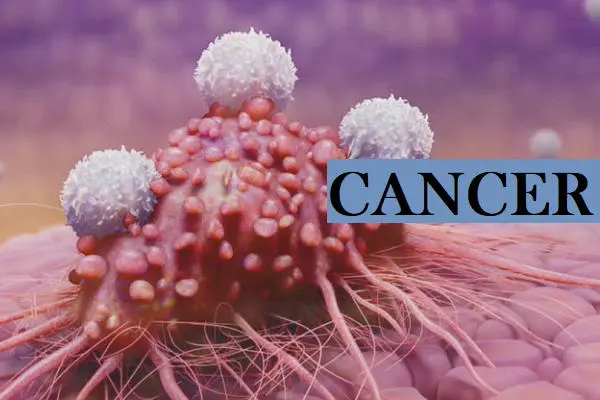The Federal Government has established a committee to oversee the implementation of the Cancer Health Fund.
Dr. Usman Aliyu, the Director-General of the National Institute for Cancer Research and Treatment, revealed this information during an engaging session hosted by NICRAT, in partnership with the International Society of Media on Public Health, held on Saturday in Abuja.
The Cancer Health Fund (CHF) is a program initiated by the Federal Ministry of Health with the objective of delivering cancer treatment services to underprivileged Nigerians and enhancing the nation’s cancer care capabilities.
The initiative commenced in 2021 with six pilot hospitals – the Ahmadu Bello University Teaching Hospital, Zaria, Kaduna state; the National Hospital, Abuja; the University of Benin Teaching Hospital, Benin, Edo state; the Federal Teaching Hospital, Gombe; the University of Nigeria Teaching Hospital, Enugu; and the University College Hospital, Ibadan, Oyo state.
As delineated in the 2024 appropriation act, the government set aside N200 million for the treatment of indigent cancer patients as part of the Cancer Health Fund (CHF).
Based on information from the Global Cancer Observatory, there were 127,763 reported new cases of cancer and 79,542 recorded deaths in 2022.
For both sexes, the data showed that breast cancer led the chart with an estimated 32,278 cases (25.3 per cent); followed by prostate cancer with 18,019 cases (14.1 per cent); cervical cancer with 13,676 (10.7 per cent); colorectum cancer with 8,114 (6.4 per cent); Non-Hodgkins Lymphoma cancer 5,194 (4.1 per cent); and others 50,482 (39.5 per cent)
Read also: OJ Simpson, 76, Passes Away After Struggle With Cancer
Aliyu noted that the CHF committee has analysed the concept, the framework, the operational plan, and the challenges.
He said the institute has finalised some of the issues and come up with a better model.
He said, “Most of the issues bother on the area of enrolment, visibility, transparency, and monitoring and evaluation. In the area of accessibility, the institute is working towards making it very accessible by employing the patient-navigation and referral system so that the patient can get on board easily and get on the platform.
“For visibility, there is a challenge because of the limitation of funds but we are working towards that, there are lots of commitments and a network of legislators advocating alongside non-governmental organisations and government agencies for improvement in this funding.
“So when that happens, there will be the inclusion of more centres and the operational funding will be different from what has been in the system before in terms of enrolment, evaluation, and selection of patients because the fund is targeted at funding indigent patients.”
He added that efforts are ongoing on increasing the fund in the coming years, and for another amount to be set aside for childhood cancers in the country.
The DG also stated that efforts are underway to establish a centralised standard national cancer registry and data plan in Nigeria.
According to him, the registry had not been in existence due to some factors, including lack of funding.
He said the institute is partnering with the National Primary Health Care Development Agency to train frontline health workers at primary healthcare centres on basic cancer screening techniques to promote early detection and early treatment.
“An estimated number of cases is just a tip of what is happening. There are a lot of people who are affected and dying but are not captured in the number. So, the cancer figure is scary. The projection is that the figure will double if nothing is done.
“We have to commend President Bola Tinubu for bringing NICRAT to prepare the country for the war ahead. NICRAT is empowered to guide scientific improvement in cancer prevention, treatment, and care. It is also to coordinate and liaise with the wide range of groups and health care providers with interest in care,” he added.
On her part, the Chief Operating Officer at Stephen James Healthcare Limited, Ayodele Obaro, said there was a need for oncology nurses in the treatment of cancer.
She added that oncology nurses serve as patients’ first line of communication and help to coordinate the many aspects of care throughout cancer treatment.
“Nurses working in a cancer hospital are typically expected to possess clinical expertise, compassion, and specialised knowledge relevant to cancer care.
“Overall, nurses working in a cancer hospital are integral members of the healthcare team, providing holistic care and support to patients and their families throughout the cancer journey,” she emphasised.

